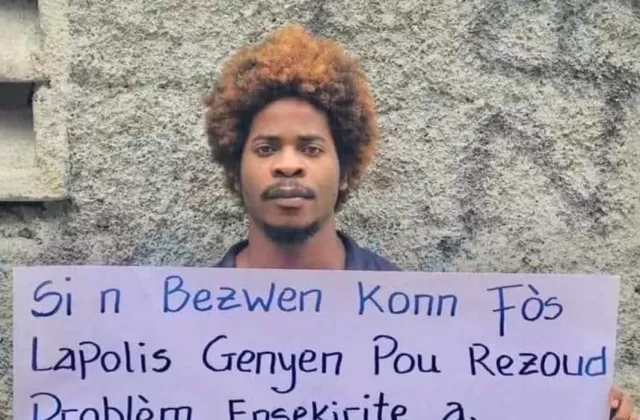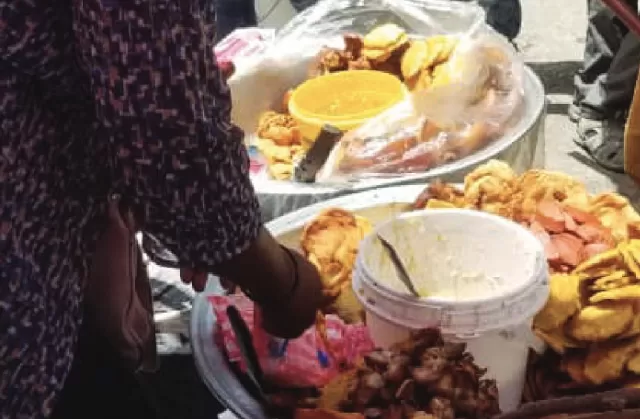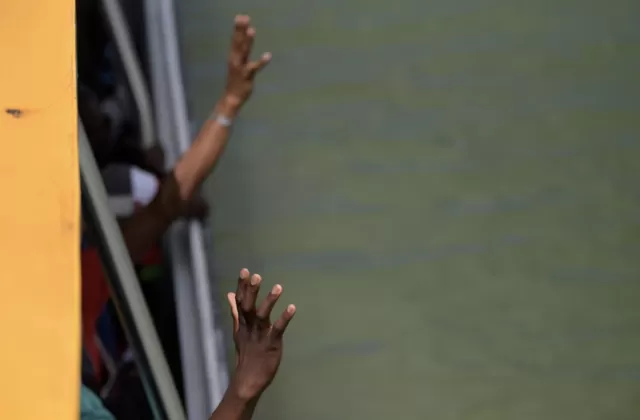Haitian Civil Society Leaders Testify to US Congress
The House Foreign Affairs Committee held a hearing titled, Haiti at the Crossroads: Civil Society Responses for a Haitian-led Solution on Thursday, September 29. The speakers from Haiti were Vélina Élysée Charlier of Noupapdòmi, Mary Rosy Auguste Ducena from the National Human Rights Defense Network (RNDDH), and Alermy Piervilus, director of the Platform of Haitian Human Rights Organizations (POHDH). Former US ambassador to Haiti, Pamela White also testified.





